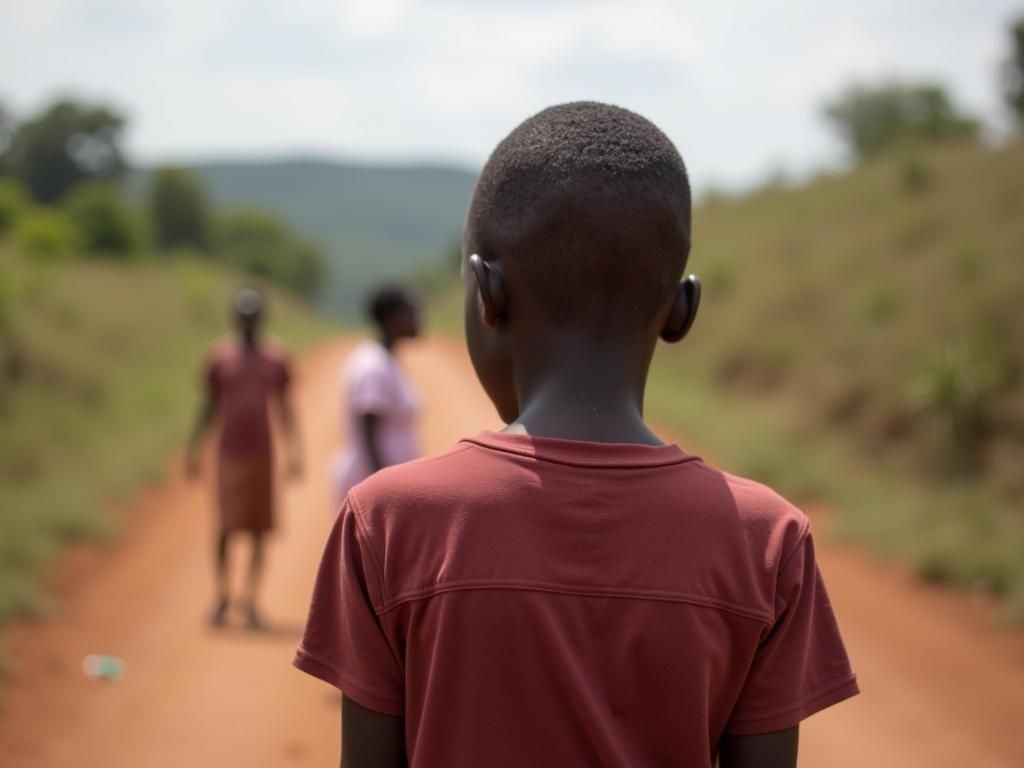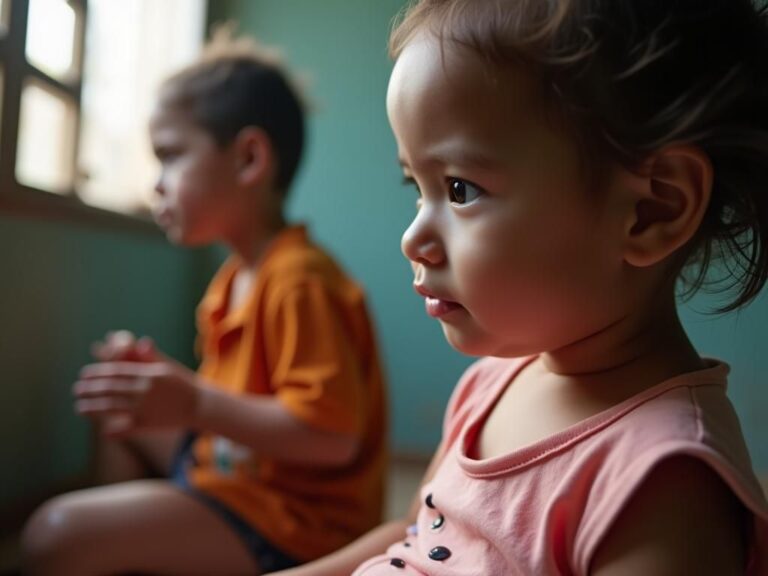
A new report highlights the increasing challenges climate change poses to the sexual and reproductive health of young adolescents in Kenya. The report indicates that rising temperatures and changing weather patterns are exacerbating existing vulnerabilities within this age group.
The study focuses on the ways climate change is directly impacting adolescents. For example, unpredictable weather events, such as droughts and floods, can disrupt access to essential health services, including contraception and maternal care. These events also potentially increase the risk of child marriage and early pregnancies.
Food insecurity, often linked to climate-related crop failures, is also cited as a contributing factor. Scarcity can lead to increased pressure on young girls to engage in transactional sex for basic needs, furthering their risk of sexually transmitted infections and unintended pregnancies.
The report also reveals that climate-related displacement creates unique challenges. Young people, especially girls, may be forced into unsafe environments, increasing their exposure to violence and exploitation. It highlights the interconnected nature of climate change and societal issues.
Furthermore, the report underscores the urgency for preventative measures. This involves improved healthcare access, promoting climate resilience within communities, and addressing underlying social inequalities. Ultimately, a multifaceted approach is needed to protect the well-being of Kenyan adolescents.
Recommendations emphasize the need for comprehensive sexual and reproductive health services, education, and support systems tailored to the specific vulnerabilities arising from climate change. The study’s findings serve as a critical call to action, underscoring the necessity of proactive and integrated interventions to safeguard the health and future of young Kenyans.






